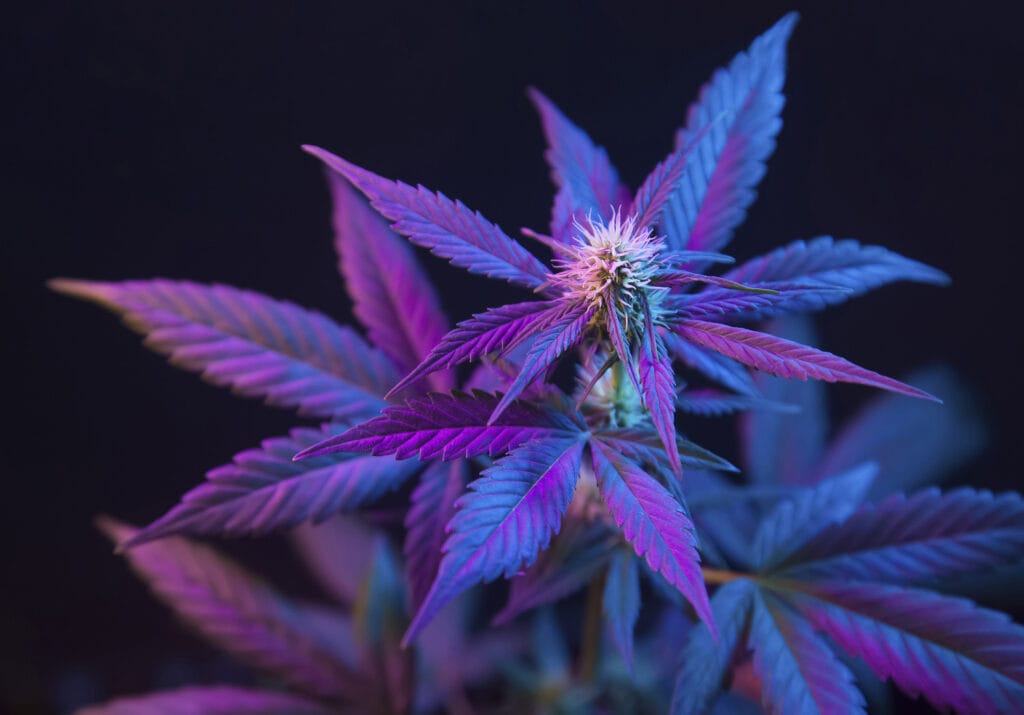THCa flower refers to cannabis buds marketed as hemp. These buds are intended for smoking or vaping. They contain high concentrations of tetrahydrocannabinolic acid (THCa) and low concentrations of D9. Specifically, their D9 levels do not exceed 0.3% by dry weight.

THCA flower contains tetrahydrocannabinolic acid, which is the unprocessed form of THC. Unlike THC, THCA does not have psychoactive effects, so it does not produce a “high.” THCA is believed to have various health benefits, such as anti-inflammatory properties and the ability to protect nerve cells. Some suggest that THCA can enhance focus and promote healthy energy levels, but further research is needed to verify these claims. To convert THCA into THC, it must undergo heating or decarboxylation.
One of the distinctive qualities of THCA flower is its versatility. It can be consumed in its raw form, offering non-euphoric advantages, or it can be heated to convert it into THC. This natural process, known as decarboxylation, activates the euphoric effects preferred by many enthusiasts, making THCA Flower the most potent type of hemp flower available.
Regarding the legality of THCA flower, the 2018 Farm Bill in the United States legalized hemp and its derivatives, including THCA flower, as long as the plant contains less than 0.3% THC by dry weight. However, it is important to check local laws and regulations as individual states may have their own restrictions on purchasing or using THCA flower.
Heat and time play significant roles in the conversion of THCA into THC. Decarboxylation, the process of transforming THCA into THC, occurs through the application of heat or over an extended period. When cannabis is smoked or vaporized, the heat instantly converts THCA into THC, resulting in immediate effects sought by many consumers.
Decarboxylation can also take place gradually. If a cannabis plant is exposed to sunlight for an extended period, its THCA molecules will slowly convert to THC, leading to a more potent and psychoactive experience. Furthermore, decarboxylation can occur naturally over time due to aging or specific storage conditions.
It is worth noting that THCA and THC offer distinct benefits, so understanding the difference is crucial for users. While THCA provides non-euphoric advantages such as improved concentration and maintaining healthy energy levels, THC induces a more conventional and heightened experience.


